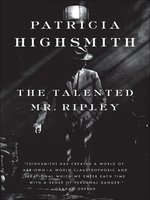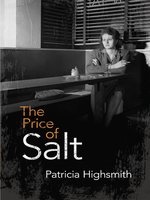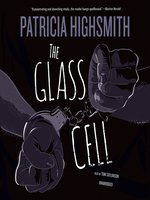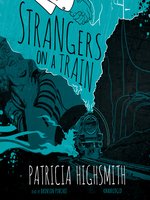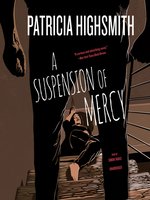-
1
-
2
-
3
-
4
-
5
-
6
-
7
-
8
-
9
-
10
-
11
-
12
-
13
-
14
-
15
-
16
-
17
-
18
-
19
-
20
Search tools:
Get RSS feed
–
Email this search
Related Subjects
Ripley, Tom (Fictitious character)
Criminals
Psychopaths
Serial murderers
Thriller
Detective and mystery films
LGBTQ+ people
LGBTQIA+ (Fiction)
Lesbians
Murder
Murderers
Psychological fiction
Railroad travel
Sexual minorities
Adultery
Americans
Art forgers
Authors, American
Deception
FICTION / Thrillers
Fiction
Impostors and imposture
Love triangles
Marriage
Married people
Mystery
Non-consensual non-monogamy
Non-monogamy
Sexual relationships
Short stories

